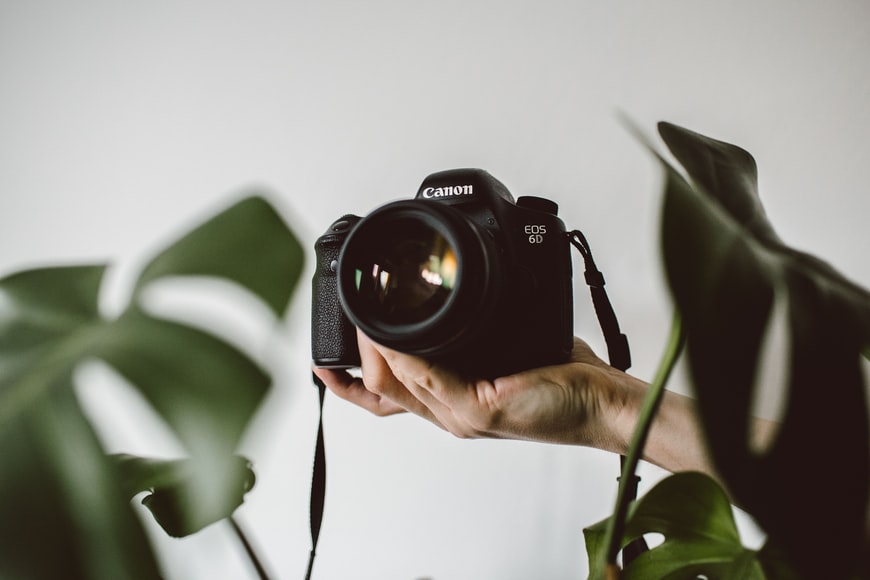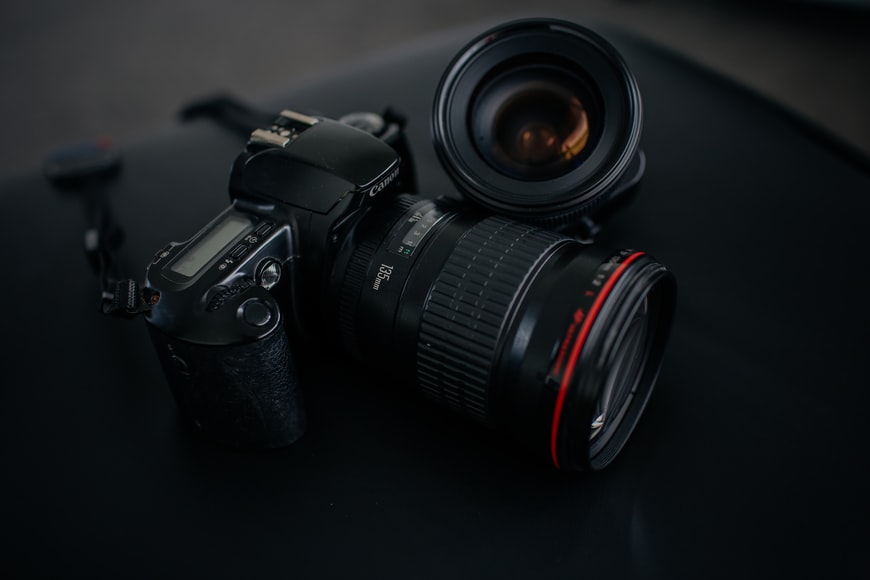LANDSCAPE PHOTOGRAPHY IN THE UK
According to Your Photographers Guide to Weddings, the average spend on Wedding Photography within the UK is seventeen (annual) – but how much do you actually spend? Have you got any photography experience? Are you skilled at weddings, or are you a complete novice? Maybe you’ve always had an interest in photography, but have never taken a professional shot. Whatever your situation there are options available to you when it comes to buying photography equipment.

Considering YOUR oPTIONS
One option is to buy a photography course. There are many different types of courses available in photography schools and these range from beginner courses, right through to advanced courses and even an apprenticeship. As well as being able to get hands-on training and learn new techniques for taking photographs, you’ll also get to practice what you’ve learnt during your course. If you prefer to keep your photography skills in your own home then this is a great way to achieve this.
Another option is to purchase a camera. Whilst this can be very expensive initially, if you use it for its intended purpose then you should find that the cost of photography skills eventually pays for itself. This is because you won’t be using the camera as much (unless you’re taking really great stills and not planning to print them). However, for most people these days the camera lens is the prime lens, and this means that it’s important to choose a lens that will stand up to the kind of usage you’re likely to put it through.

For general photography, there are two main types of lenses; full frame and mirrorless. These are the only types of lens that are accepted for professional photography in the UK, unless you’re specifically taking extremely clear and crisp images. The mirrorless cameras are the cheapest to buy, but some of the better ones have built in image stabilization and so won’t turn out shaky. However, they lack the high optical clarity that the full frame lenses boast, so if you want true photography quality then you’ll need to spend more on a mirrorless one – and generally the higher the optical quality the more you’ll pay.
Of course, once you’ve got the ball rolling then any photography experience is pure magic. One thing that many amateurs struggle with is the exposure of their image seen by the camera. The reason for this is that many amateur photographers think that the exposure meter on their camera needs to be set automatically. While this does make a difference, it’s not the sort of thing that you need to worry about with your photography skills, so once you know how to expose then just go ahead and do so. You’ll find that it’s much easier to achieve good results than you may think. Just remember that even though you’re shooting at apertures that are lower than normal, you’ll still need to expose your image seen this way – the difference between blurry and crisp isn’t so much the aperture as it’s the speed of the shutter speed that determines the quality of the image.
Conclusion
And now I’ll end this article by giving some final tips on photography in the UK. Photographers looking to develop their skills should consider taking lessons from an expert. This will improve your skills considerably and over time you’ll be able to work on your own, which is the only way you’ll ever get better. Plus, if you’re taking pictures of wildlife then you could always hire a wildlife photographer to enhance and take pictures of your trespassers. In fact, I’ve met photographers who don’t use any outside help to take their photographs – they just use their own skills to get the best images.
